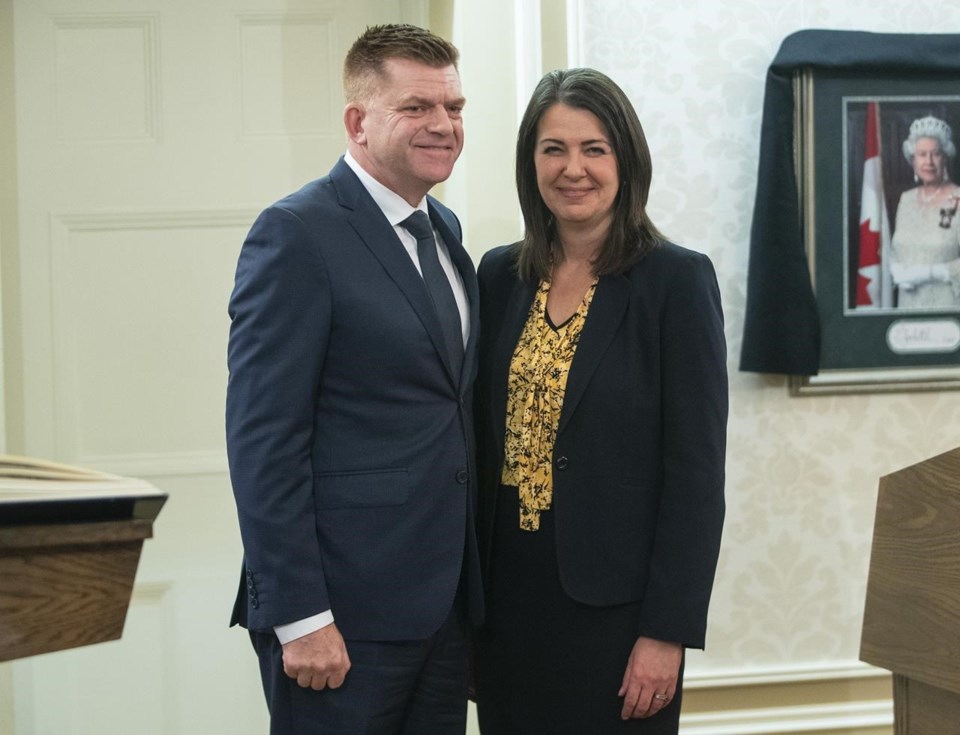CANMORE, Alta. ‚Äî The Alberta government has started a second campaign aimed at attracting skilled workers from Ontario and Atlantic Canada.¬Ý
Alberta Jobs, Economy and Northern Development Minister Brian Jean says the Alberta is Calling program is piggybacking on a similar effort announced by former premier Jason Kenney last summer.¬Ý
The initial campaign targeted Canadians living in Toronto and Vancouver. This time it focuses on those in St. John‚Äôs, N.L., Charlottetown, Moncton, N.B., and Saint John, N.B., Halifax, as well as parts of Ontario, including London, Hamilton, Windsor and Sudbury.¬Ý
"This time we are hoping that people from across Ontario and Atlantic Canada answer. We deployed the first phase of this highly successful campaign in summer of 2022 and the response? Well it has been outstanding," Jean said Monday at the Canmore Nordic Centre Provincial Park in southern Alberta.¬Ý
"Nearly 33,000 Canadians heeded our call and moved to Alberta in quarter three of last year alone."
Jean said there are 100,000 vacancies for workers in high-demand sectors, including skilled trades, health care, accounting, engineering, technology and also in the service and tourism sector.
Jennifer Henshaw, regional vice-president for the Prairies and the North for Restaurants Canada, said the tourism and hospitality sector was especially hard hit by the pandemic.
"They're still struggling with a number of operational challenges. Topping the list is labour shortages. Restaurant and accommodation employment levels are around 12 per cent below where they were pre-COVID levels," Henshaw said.
"Many restaurants have had to pivot and reduce hours and are only operating at around 80 per cent of their pre-pandemic capacity due to labour shortages."
Jean said this likely isn't the last incarnation of the Alberta is Calling program. He said in the future it will likely send out an international call to fill vacancies in areas such as health care.
"Obviously, we would want to target those countries where we need people who can actually come in with the fewest amounts of barriers, that means language barriers," he said.
"That also means opportunities to have industries that are very similar to ours ... similar educations. We have not identified those countries yet."
— By Bill Graveland in Calgary
This report by The Canadian Press was first published March 13, 2023.¬Ý
The Canadian Press




